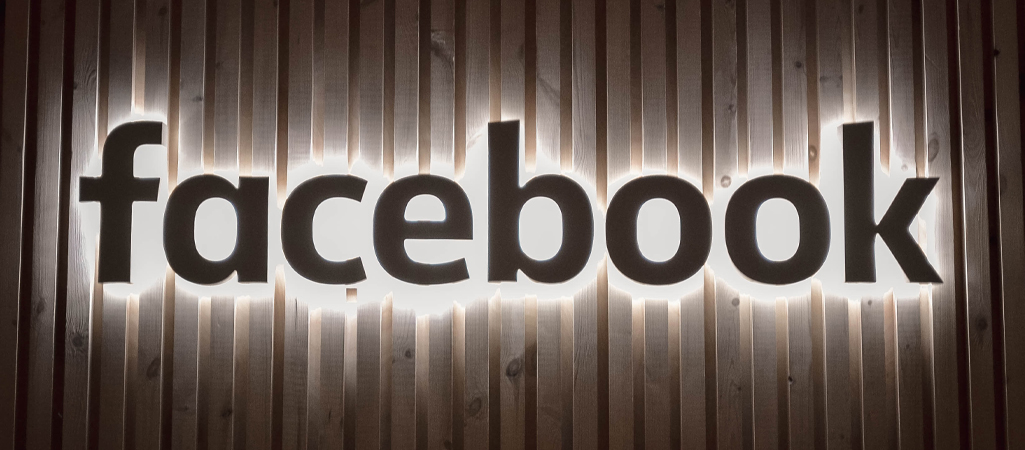
After dismissing the government’s anti-trust case against Facebook in early 2021, the same federal judge granted the Federal Trade Commission (FTC) a second chance at Meta, the company formerly known as Facebook.
U.S. District Judge for the District of Columbia James Boasberg, in June, dismissed antitrust lawsuits brought against Facebook by the government and a broad coalition of state attorneys general that were among efforts by federal and state regulators to curtail the tech titans’ market power.
The FTC’s case is seeking remedies that could include a forced spinoff of Facebook’s popular Instagram and WhatsApp messaging services, or potentially a complete restructuring of the company in order to encourage more competition.
“Today’s decision narrows the scope of the FTC’s case by rejecting claims about our platform policies,” a Meta spokesperson said in a statement. “It also acknowledges that the agency faces a ‘tall task’ proving its case regarding two acquisitions it cleared years ago. We’re confident the evidence will reveal the fundamental weakness of the claims. Our investments in Instagram and WhatsApp transformed them into what they are today. They have been good for competition, and good for the people and businesses that choose to use our products.”
The FTC alleges the company encouraged and rewarded an illegal “buy-or-bury” strategy by limiting competitors’ access to the Facebook platform or simply just acquired apps like Instagram and WhatsApp that were successful competitors.
The lawsuit also alleged that Facebook “lured” in third-party app developers that were competitive threats, such as Path and Circle, by inviting them to be a part of Facebook’s open platform. Once the developers became dependent on access Facebook had offered them, Facebook would then reverse course.
Boasberg initially said the FTC’s complaint failed to plausibly allege Facebook’s monopoly power in what it defined as the personal social networking services market which sought to exclude other social media platforms like YouTube and LinkedIn.
“The Federal Trade Commission’s first antitrust suit against Facebook, Inc. stumbled out of the starting blocks, as this Court dismissed the Complaint last June,” Boasberg wrote in his latest filing. He added that despite the Commission’s core theory not changing in its updated complaint, “…the facts alleged this time around to fortify those theories, however, are far more robust and detailed than before, particularly in regard to the contours of Defendant’s alleged monopoly.”
The judge also threw out Facebook’s contention that the FTC’s vote to file the amended complaint should be considered invalid because FTC Chair Lina Khan should have recused herself. The company argued Khan’s past writings and work had shown she had prejudged its liability, which should be grounds for recusal.
“The Court believes that such contention misses its target, as Khan was acting in a prosecutorial capacity, as opposed to in a judicial role, in connection with the vote,” he wrote.
Boasberg added that while the FTC could still face significant challenges in proving its allegations, he wrote that “it has now cleared the pleading bar and may proceed to discovery.”
“The FTC achieved this by providing enough alleged facts to plausibly establish Facebook’s monopoly power in the market, claim its market share is protected by barriers to entry and allege it’s ‘willfully maintained’ dominance through anticompetitive behavior, particularly through its acquisitions of Instagram and WhatsApp.
The filing was not all good news for the government’s case; the DC judge did say the agency could not proceed with its claims that Facebook’s interoperability policies for developers on its platform helped it maintain its dominance. He said that’s because Facebook abandoned the policies in 2018 and allegedly stopped enforcing them even earlier than that.
“Ultimately, whether the FTC will be able to prove its case and prevail at summary judgment and trial is anyone’s guess,” Boasberg concluded. “The Court declines to engage in such speculation and simply concludes that at this motion-to-dismiss stage, where the FTC’s allegations are treated as true, the agency has stated a plausible claim for relief under Section 2 of the Sherman Act.”
It is also important to note the company planned a global release of its new virtual reality work conferencing app, with Facebook CEO Mark Zuckerberg appearing on CBS, the same morning this lawsuit was expected to drop. Ironically, the new virtual reality conference tool is similar in many ways to existing software from smaller companies.